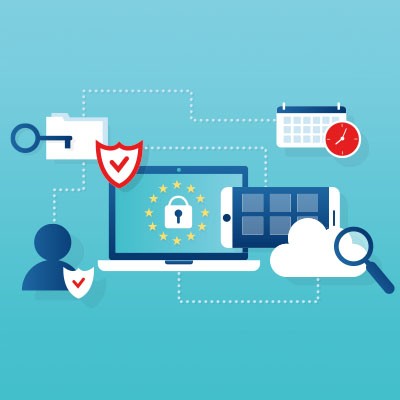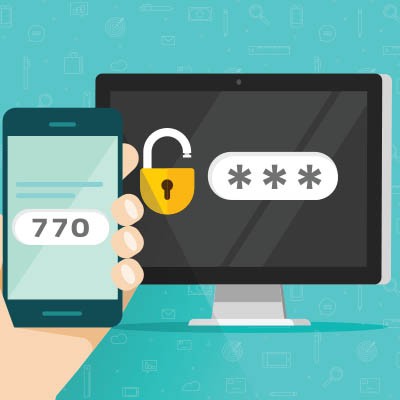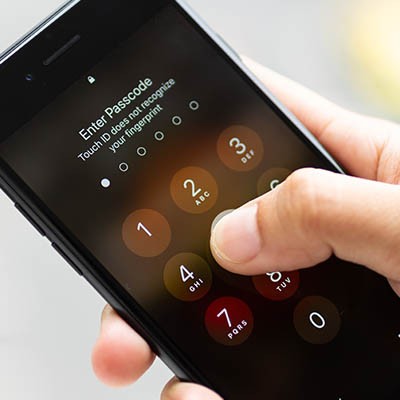Businesses are looking to technology more than ever in a constant attempt to improve productivity and efficiency. One problem that some businesses face is that their staff isn’t exactly technologically savvy, making them difficult to communicate with about technical concepts. This month, we aim to help you do a better job of communicating with those workers who don’t know much about technology.
Argentum IT LLC Blog
All types of businesses use cloud resources as a part of their IT infrastructure. It allows them to turn what was once a major capital expenditure into a controllable operating cost; and, it does it while offering solutions to almost any business problem. The one drawback that most IT professionals agree on is how to gain enough control over a cloud platform to ensure that the platform is secure.
Over the past few years, there has been a general fascination with smart devices in the home, and to a certain extent, the office. These Internet of Things-powered appliances and gadgets can help add to the convenience of rote tasks and other everyday activities, but is it actually a good idea to use them? As it turns out, unless you’ve taken the proper precautions, maybe not.
Personal information is precious, especially in this increasingly digital day and age. This makes it incredibly important that you are doing everything you can to protect it in your business - whether it is your own or belongs to somebody else. Here, we’ll go over a few tips to help you better protect the data you’re responsible for.
As you oversee your business, there is a lot that you’re going to have to manage - including how much access your employees have to the data you have collected and generated throughout your operations. An access management policy can help you to accomplish this. Here, we’ll review a few key features you need to include in your strategy.
Cybersecurity should always be a priority for a business, and cyber criminals are always evolving their tactics. As a result, it pays to keep an eye on the horizon for the next looming threats. Here, we’re reviewing a few threats that cybersecurity professionals say that businesses should be concerned about in the near future.
Nearly everyone uses Google in some way or another. The search engine is, by far, the most common way people get answers and find content online. The margins aren’t even close, either. Currently, Google handles about 90% of search queries, while the second and third place goes to Yahoo and Bing, who share just below 5% of the search market share.
Google curates the search results on the fly based on a lot of variables including where you are located, what kind of device you are on, and your online surfing habits. This means Google is collecting a lot of information about how we use the web to give us a better experience. Let’s look at how you can control what Google knows about you to better protect your privacy.
Cybersecurity is becoming a massive issue for every organization due to the immense amount of data breaches that take place regularly. Businesses of all types are looking at strategies to protect their sensitive customer and employee data from hackers, malware, and any other potential danger. The problem is it’s not always as simple as just implementing cybersecurity software.
Automation is sometimes misconceived as a troublesome or unreliable addition to business. It’s not about replacing people with machines, it’s about getting more done with the people you have. Having an attitude that doubts technology and believes nothing can replace human processing can quickly put you at a disadvantage compared to your competitors.
I want to start this article out by admitting that there are a lot of active threats out there these days. There are hackers--hacking collectives, actually--that’s whole purpose is to infiltrate businesses and steal data, money, and most often, the trust people have in their technology. One way to help keep your stuff secure is by relying on two-factor authentication.
With cybersecurity talent at such a critical shortage, data breaches that expose millions of people’s sensitive information are routine occurrences. It is one of the biggest problems that the modern business faces. Since shortages have businesses of all types scrambling for cybersecurity personnel we thought we’d put together a list of five things that every person should know about how to keep systems secure.
For many, Facebook is a huge part of daily life, whether you want to think of it that way or not. There are more than two billion active users. That means if you pluck any 4 random human beings from anywhere in the world, at least one of them likely logged into Facebook today.
It’s important to know that you still have control over your information, so in today’s blog we’re going to talk about a few ways you can take control over your online identity on the world’s largest social network.
Did you know that, of all the vulnerabilities your business has to cyberthreats, your employees are one of the riskiest, simply due to their exposure to your business technology? If your business isn’t secure, it will become incredibly more difficult to serve your clientele. For today’s tip, we’re breaking down a few ways that you and your employees can positively contribute to your business’ security.
If you were given the task to look up a phone number, call a business, and navigate to the new-to-you area, would you be able to without your smartphone? For some of us the answer will still be yes, for a vast majority, the answer is no. Smartphones have quickly transitioned from a calling device, to one of our most valuable tools. Shopping, navigating, video streaming, and an unbelievable amount of other capabilities are all at the palm of your hand.
The way a business approaches its network security is a crucial consideration - especially to a business that is planning to have a future. This has contributed to cybersecurity becoming a multi-hundred-billion-dollar (per year) industry. In its short history, cybersecurity has had a huge impact on businesses, so we felt it would be useful to go through some of the highlights of its deployment.
Manufacturers are interesting businesses. Not only do they depend on manpower and technology to produce goods, they also rely on IT to power processes, manage their supply chain, and enhance organizational efficiency. With October being Cybersecurity Awareness month, we thought we’d take a look at what a manufacturer’s cybersecurity efforts look like.
It’s not a secret (well, not anymore) that the big tech companies have influence. These companies, that include Apple, Google, Amazon, and Facebook, have been in the spotlight more and more as the argument of data privacy has gotten louder and louder. Public sentiment is starting to blow back on their business model--and since, Yahoo, once the predominant name in Internet-based services, was broken up and sold to Verizon for cents on the dollar after being at the center of the largest data breach in recorded history--there have been rumblings that there has to be something done to protect the public from major publicly-traded technology companies that use individual’s data in ways that some deem unethical.
Do you use different passwords on every account you’ve created? Are these passwords sufficiently complex? Chances are at some point you have used a repeating password. Remembering 35 different logins for 35 different applications is hard enough, so it’s not surprising that the majority of people will use the same password for many applications. Bad password practices are all too common. So, how can you fix this?




















